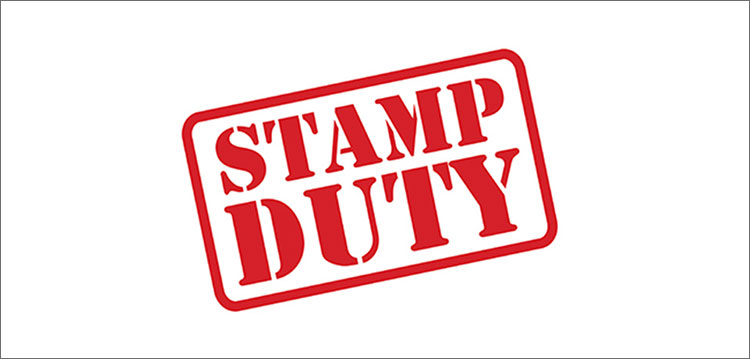
DUOMATIC PRINCIPLE, HOW IT CAN BE ESTABLISHED?
The Supreme Court bench comprising Justices Vineet Saran and JK Maheshwari held in a recent judgment1 that the Duomatic Principle is applicable even in the Indian context which states that ‘Strict adherence to a statutory

Letter of Intent not a binding contract unless such an intention is evident from its terms
The Supreme Court in South Eastern Coalfields Ltd & Others vs. M/s S Kumar’s Associations AKM (JV)[1] ruled that a Letter of Intent (“LoI”) is not a binding contract unless such an intention is evident

The Indian Stamp Act 1899 – Amendments-w.e.f. April 1, 2020
“The amendment propose to create the legal and institutional mechanism to enable states to collect stamp duty on securities market instruments at one place by one agency (i.e. through the Stock Exchanges or Clearing Corporations

SEBI relaxes norms for acquisition of distressed companies
Securities and Exchange Board of India (“SEBI”) relaxed norms for acquiring shares of distressed companies by exempting such acquisition from the mandatory open offer requirements under the SEBI (Substantial Acquisition of Shares and Takeovers) Regulations,

PREMIUM CAN NOT BE PART OF CAPITAL EMPLOYED IN THE BUSINESS OF COMPANY
The Supreme Court in its recent judgment ruled that the premium amount collected by the Company on its issued share capital is not a part of the ‘capital employed in the business of the Company’

Insolvency Professional cannot play two roles viz.‘profession’ and ‘employment’ simultaneously
The Insolvency and Bankruptcy Board of India (“IBBI”), the regulatory body constituted under the Insolvency and Bankruptcy Code, 2016 (the “Code”), in its first order rejected an application for registering an Insolvency Professional (“IP”). The
- Arbitration and Conciliation
- Banking and Finance
- Bankruptcy Code – Public Announcements
- Civil
- Commercial litigation
- Commercial/Corporate
- Criminal
- Cyber Law
- Debt Recovery
- Food
- IL News
- Infrastructure
- Insolvency & Bankruptcy
- Insurance
- Intellectual Property Rights
- International
- Labour
- Law
- Medico-Legal
- Negotiable Instrument
- NRI Laws
- Policy
- Power
- Real Estate
- Tax

